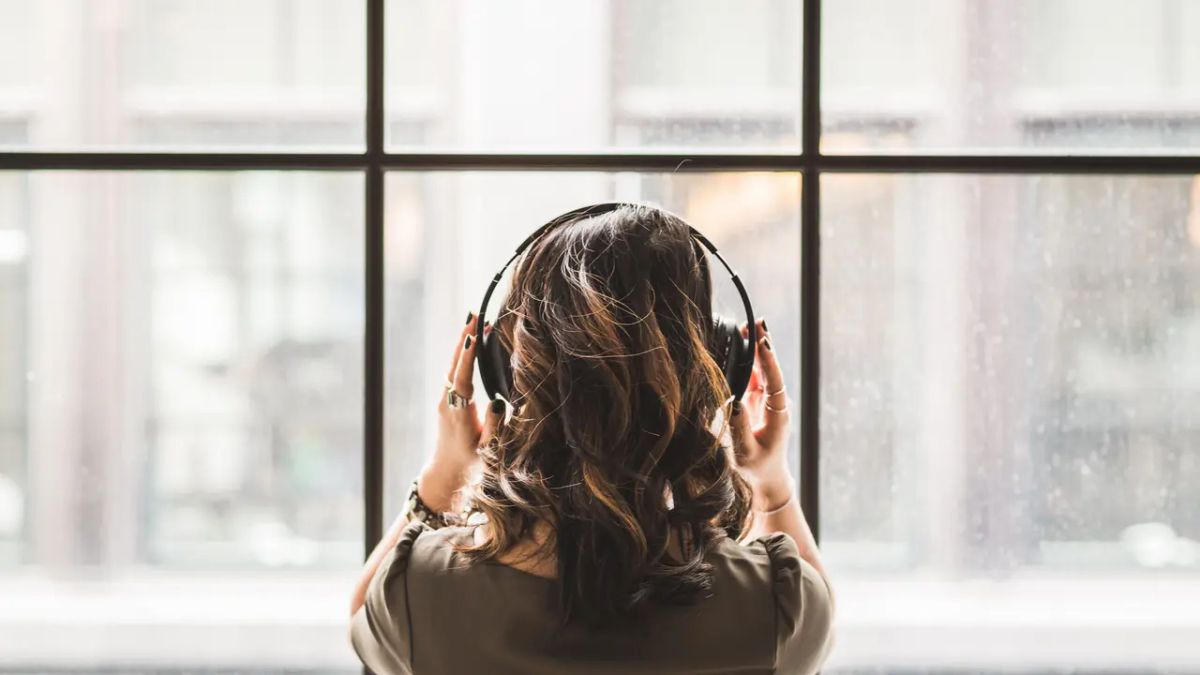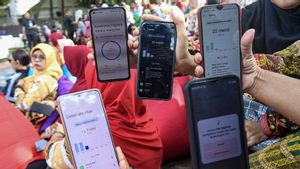JAKARTA - Professor of the Faculty of Medicine, University of Indonesia (FKUI) Prof. Tjandra Yoga Aditama provides tips for the public to maintain hearing health by applying the 60:60 principle.
Tjandra explained the 60:60 tips, namely listening to music and other entertainment with earphones or a headset with a maximum volume of 60 percent.
Then, every 60 minutes of listening to music and other things, take a break for a few minutes, not hours without a break.
Tjandra then highlighted the high number of hearing loss and deafness in Southeast Asia, including Indonesia.
Data from the World Health Organization (WHO) regarding the number of hearing loss and deafness in 2000 showed that there were 250 million or 4.2 percent of the world's population suffering from hearing loss.
Including approximately half or 75-140 million are in Southeast Asia which has a prevalence of deafness of 4.6 percent.
"It seems that including Indonesia, this number continues to increase," said Prof. Tjandra at the Central Committee for the Prevention of Hearing Loss and Deafness (PGPKT) to support the achievement of the goal of "Sound Hearing 2030: The Right To Be Better Hearing" proclaimed by WHO, by tackling hearing loss and deafness, in the Gadog area, West Java, as quoted from Antara, Sunday 9 October.
According to the WHO, a person is said to have hearing loss when he or she cannot hear as well as someone with normal hearing, i.e. a hearing threshold of 20 dB or better in both ears.
Hearing loss may be mild, moderate, severe, or profound. This condition can affect one ear or both ears, and cause difficulty hearing conversations or loud noises.
VOIR éGALEMENT:
While hearing difficulty refers to people with hearing loss ranging from mild to severe.
People with hearing loss usually communicate through spoken language and may benefit from hearing aids, cochlear implants, and other aids and texts.
On the other hand, in those who are deaf, most have severe hearing loss, which means very little or no hearing. They often use sign language to communicate.
The English, Chinese, Japanese, Arabic, and French versions are automatically generated by the AI. So there may still be inaccuracies in translating, please always see Indonesian as our main language. (system supported by DigitalSiber.id)














